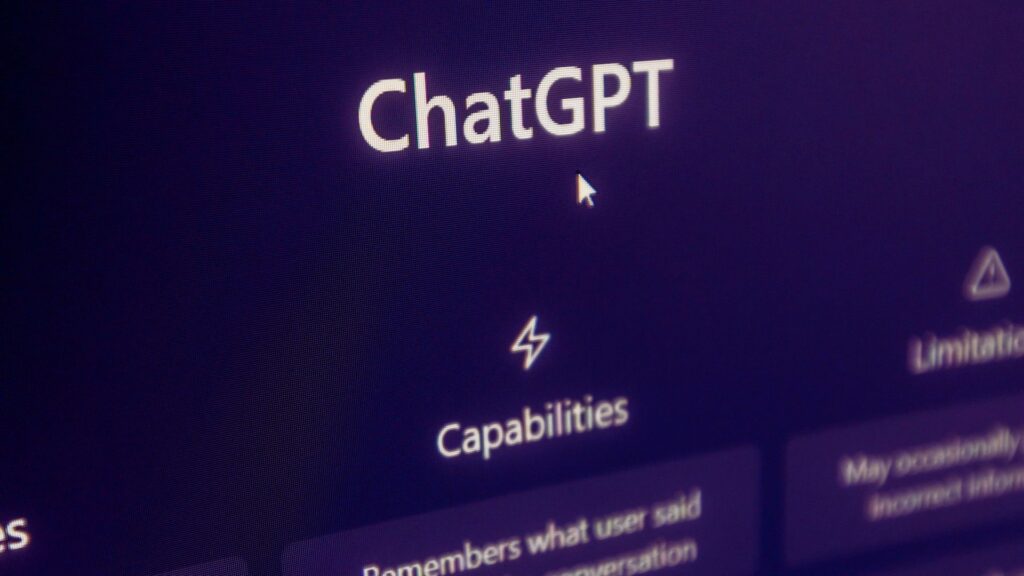The horizon could darken in Europe for ChatGPT. In any case, the situation has deteriorated significantly in Italy, with the local CNIL speaking out. She criticizes the chatbot for not respecting the GDPR. Like in 2023.
Trouble returns for ChatGPT. The American company OpenAI, which designed the famous artificial intelligence system capable of generating text on demand, is accused of violating European data protection regulations (GDPR). The charge came from Italy on January 29, 2024.
The affair has a feeling of déjà vu. In 2023, criticisms from Italy targeted the chatbot due to its contentious use of personal data. At the time, it was the Guarantee for the protection of personal data — the equivalent of the National Commission for Information Technology and Liberties (Cnil) — which was in charge.
Today, do it again. The Italian body judges that ChatGPT still violates the GDPR, however without specifying the nature of these violations. What is indicated in the press release, however, is the deadline given to OpenAI to send its observations and challenge the analysis of the Italian CNIL: 30 days.
Grievances that could lead to a blockage?
The scenario playing out in 2024 could bring back the same play that took place a little less than a year ago, with the blocking of access to ChatGPT in Italy. In 2023, OpenAI made the decision to block access to ChatGPT for Italian Internet users (who had flocked to VPNs to get around the obstacle), for fear of a fine.
At the time, the Italian authority deplored the lack of verification of the age control of Internet users, while ChatGPT’s legal notices set the minimum age for using the platform at 13 years. Other concerns were listed: insufficient information on data collection, false processing of personal data, etc.

The outcome of this new legal conflict is today uncertain, but it could set the tone in Europe. In 2023, the question of banning ChatGPT in France also arose, with complaints filed with the CNIL. In principle, the Commission has everything it needs to reach this eventuality.
If there was a blocking, moreover, it might not necessarily come from an injunction issued by an authority responsible for data protection. It could be decided directly by OpenAI to avoid having to pay a fine. This was what happened in Italy in 2023, for a good month, before his return — and several changes.
The worst, however, is not certain – we remember that the French government had indicated that it was not in favor of a measure as radical as banishment. For its part, OpenAI shows its desire to improve: at TechCrunch, the company said it is in line with the GDPR and assures that it is working to limit the use of personal data.
Subscribe to Numerama on Google News so you don’t miss any news!
